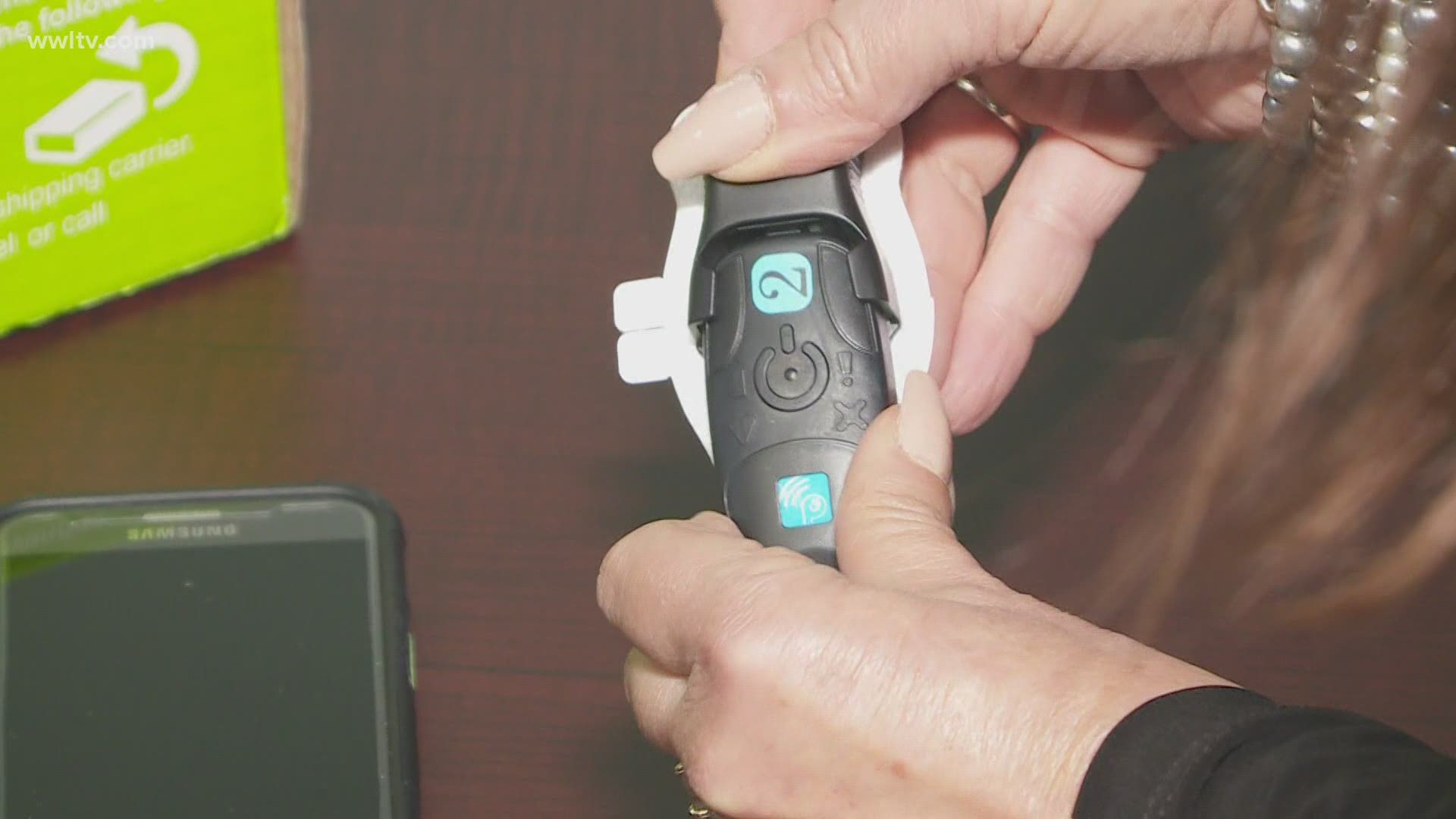NEW ORLEANS, Louisiana — What if you could have your doctor at your side 24 hours a day, making sure your heart was not causing any health problems?
Well now, thanks to technology, that is a reality. And it is saving trips to the ER, and more importantly, saving lives.
“Hey Ward how are you buddy?” asks Tulane’s Dr. Nassir Marrouche through a digital tablet.
“I'm doing just fine, thank you very much,” answers his patient, Ward Hobby, 68 of Slidell.
Ward Hobby is at his home in Slidell. Tulane heart specialist, Dr. Nassir Marrouche is downtown in his clinic.
Yet this digital interaction could be life saving.
“It does give me tremendous piece of mind there. I've been told for a year that I had AFib, but I didn't' know what it was,” said Hobby.
Ward is wearing new technology that just became available for Dr. Marrouche's patients around the start of the pandemic lockdown in the spring.
It's the BodyGuardian MINI monitor from Preventice.
When you give permission, the doctor can monitor your EKG, the electrical signals in your heart, each beat, in real time.
The doctor says it is important to see what’s happening with a patient’s heart in real time.
“Preventing strokes, preventing mortality, saving someone from going in the hospital. These three things,” explained Dr. Nassir Marrouche, a Professor of Medicine at Tulane University Heart and Vascular Institute and Director of Cardiac Electrophysiology.
What's new with this monitor is there are no wires, it's waterproof, and can store, not just a day or two, but four weeks of information in the cloud, even while you're sleeping.
All the patient has to do is peel the adhesive off of the back of the monitor and stick it in the middle of the chest.
“It's a revolution in medicine. The new medicine is telemedicine. The new medicine is digital medicine. You don't have to wait six months to see me in the clinic to know what your heart is doing," said Dr. Marrouche.
Medications can now be changed or stopped immediately.
Heart disease kills between nearly 700,000 Americans each year.
And with the pandemic, there are patients scared to get an EKG in person.
There are also new heart patients after recovering from COVID-19.
“Arrhythmias are seen in 14 percent of post COVID patients. Fourteen percent. And not only, the sad part of it, not only is it seen that frequent, it's leading to increased chance of dying,” noted Dr. Marrouche.
An hour, even 30 minutes, he says, could save you from a stroke or heart failure.
Tulane Cardiovascular Clinic: 504-988-6113
The MINI is also used by doctors at the VA and LSUHSC in New Orleans, Our Lady of the Lake in Baton Rouge, CIS in Houma,
And Willis-Knighton Medical Center in Shreveport.
Medicare covers the cost at 100 percent, but you may still have to pay your standard copay or fees.
More about the monitor: https://www.preventicesolutions.com/patients/body-guardian-mini-plus

